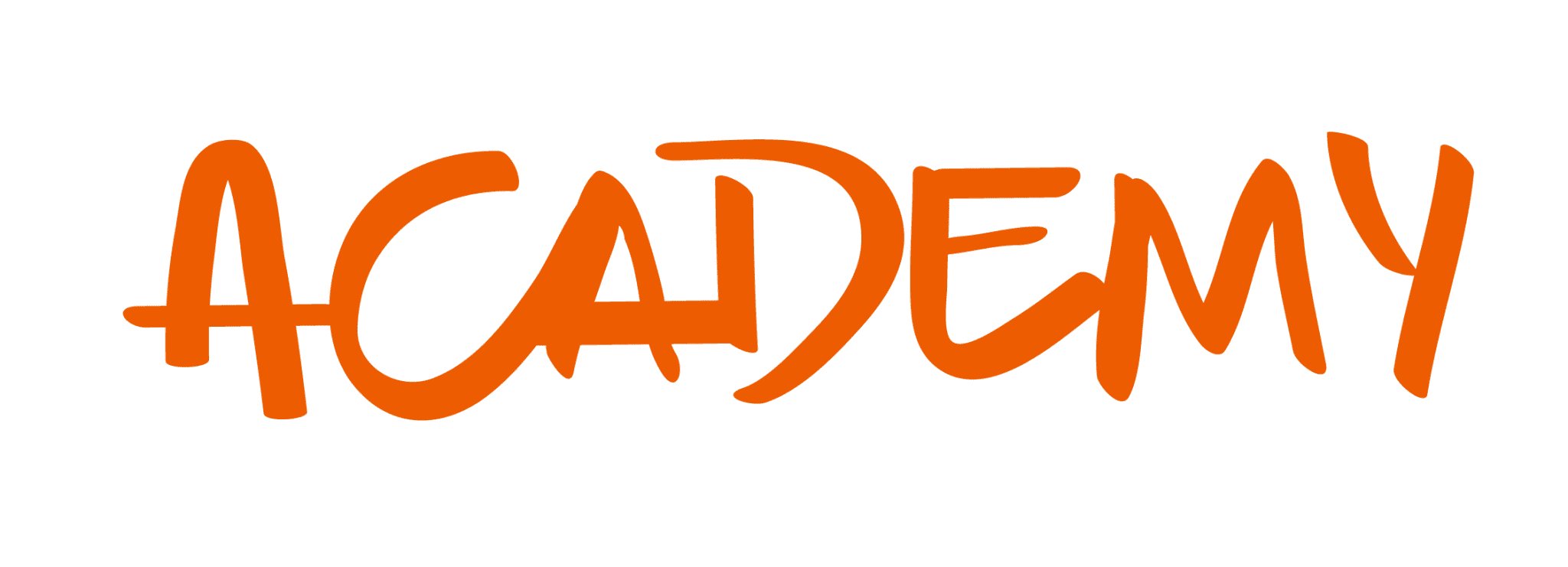2025 is shaping up to be a year full of challenges for consulting firms. From growing client demands to the pressure of adapting to a digitalized environment, consulting companies need to reevaluate their strategies to stay competitive and relevant. In this article, we explore the main challenges they will face and key strategies to address them successfully.
How to exceed client expectations with tailored solutions
The challenge: Clients are not just looking for quick solutions; they also want measurable results that directly and positively impact their operations. These results must be tailored to the specific needs of each client, putting pressure on consulting firms to develop personalized strategies, often under tight deadlines. A lack of time and resources can compromise delivery capabilities.
The solution: It is essential to incorporate advanced data analysis systems to identify patterns and create precise strategies tailored to each client. Consulting firms should also adopt technologies that streamline key processes and facilitate the implementation of customized recommendations. Maintaining transparent and constant communication with clients is crucial for aligning expectations, building trust, and ensuring long-term success.
Why integrating emerging technologies simply and effectively matters
The challenge: Artificial intelligence, machine learning, and automation are revolutionizing how consulting firms operate, from data collection to solution implementation. While these technologies offer enormous benefits, such as increased efficiency and better results, adapting to them can be a challenging process. It requires significant investments in staff training, acquiring suitable resources, and creating a clear strategy for integrating these tools.
The solution:To overcome these challenges, it is crucial to implement continuous training programs to ensure teams are up-to-date and skilled in using these technologies. Adopting technological solutions that integrate seamlessly into daily processes is also fundamental. The key lies in identifying which tools generate the greatest impact for each type of project and prioritizing their adoption, while ensuring results are measured to proactively adjust strategies.
How to retain and attract top talent in a competitive market
The challenge: The labor market is increasingly competitive, and consultants are looking for more than just good compensation. They seek work environments that promote their personal and professional development. Flexible work environments, challenging projects, and a clear sense of purpose are now essential for attracting and retaining talent. Ignoring these expectations can lead to high turnover rates and costs associated with replacing staff.
The solution: To address this challenge, it is essential to create a corporate culture that stands out as attractive and aligned with current talent expectations. Implementing benefits such as remote work arrangements, personalized professional development programs, and a clear focus on team well-being can make a significant difference. Additionally, maintaining open communication, listening to employees, and adjusting organizational strategies based on their needs will help build strong and lasting commitment.
Master data and creativity to change the game
The challenge: Data-driven decision-making has become an indispensable necessity for modern consulting firms. However, focusing exclusively on metrics can severely limit companies’ ability to think outside the box and propose innovative solutions that create a significant impact. This could result in more predictable and less effective strategies in the long term.
The solution: Data should be the starting point for creativity—a resource that inspires new ideas rather than stifling them. It is essential to train teams to interpret strategic information and transform it into disruptive initiatives. At the same time, fostering an environment that values and rewards fresh ideas will balance both approaches, ensuring solutions are both data-driven and deeply innovative.
Profitability and process optimization
The challenge: The pressure to deliver high-quality services at competitive costs is driving many consulting firms to find ways to optimize their operations without compromising the value delivered. This need to balance efficiency and quality is compounded by the ever-evolving expectations of clients, who seek speed, personalization, and impactful results without significant cost overruns.
The solution: Automating repetitive tasks and simplifying internal processes can free up resources that consulting firms can redirect toward higher-impact initiatives. This includes implementing systems that not only manage resources efficiently but also provide real-time data for more accurate decision-making. By leveraging advanced technologies, consulting firms can ensure greater transparency, optimize operational costs, and maintain a high level of client satisfaction.
Preparing for the future
Success in 2025 will not only depend on overcoming challenges but also on transforming those challenges into competitive advantages. Consulting firms that prioritize innovation, adopt emerging technologies, and strengthen their teams through continuous training will have greater opportunities to stand out. In such a dynamic environment, anticipating trends and responding with agility will be key to maintaining relevance and leadership in the market.














